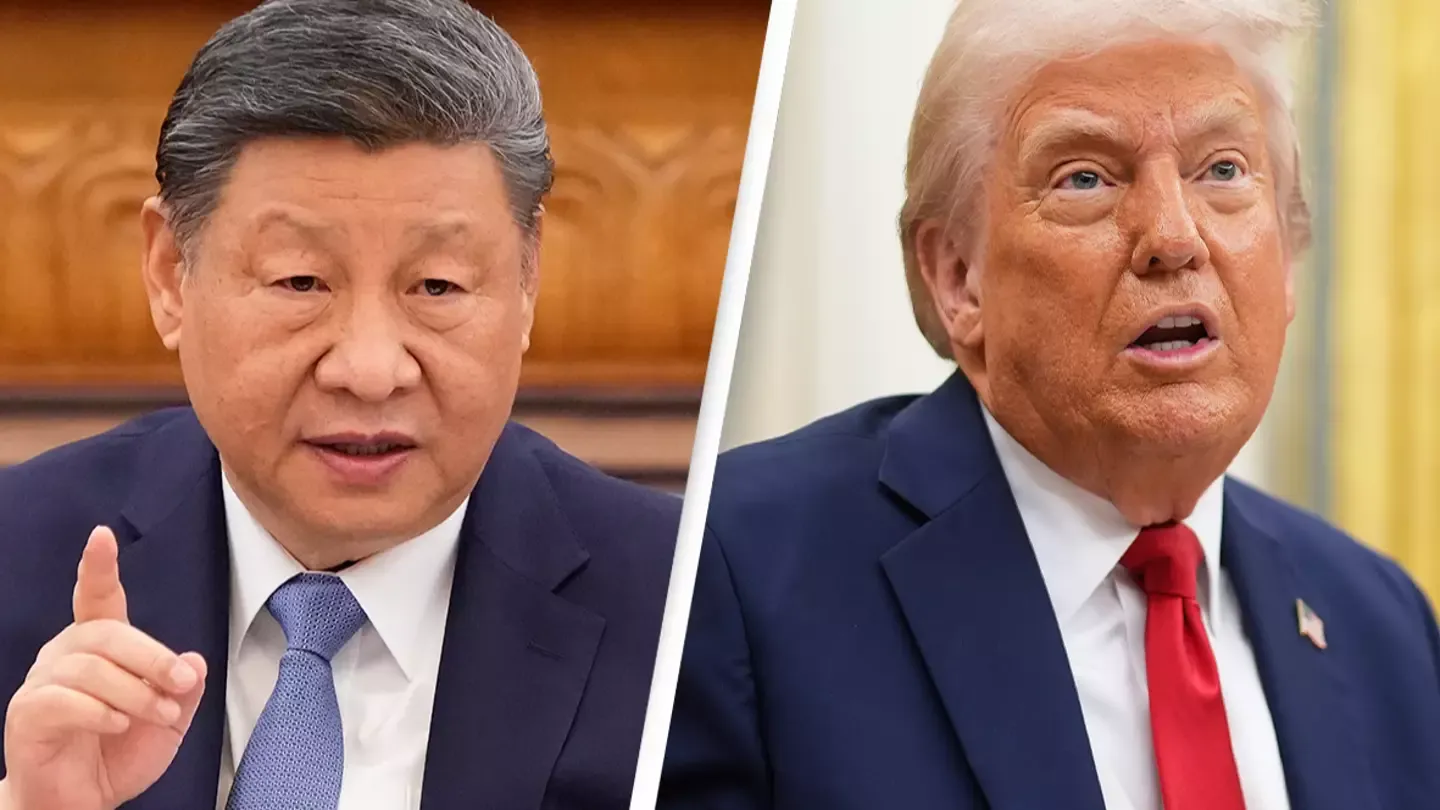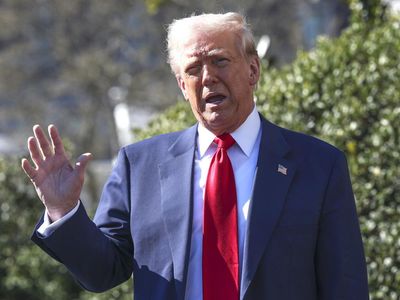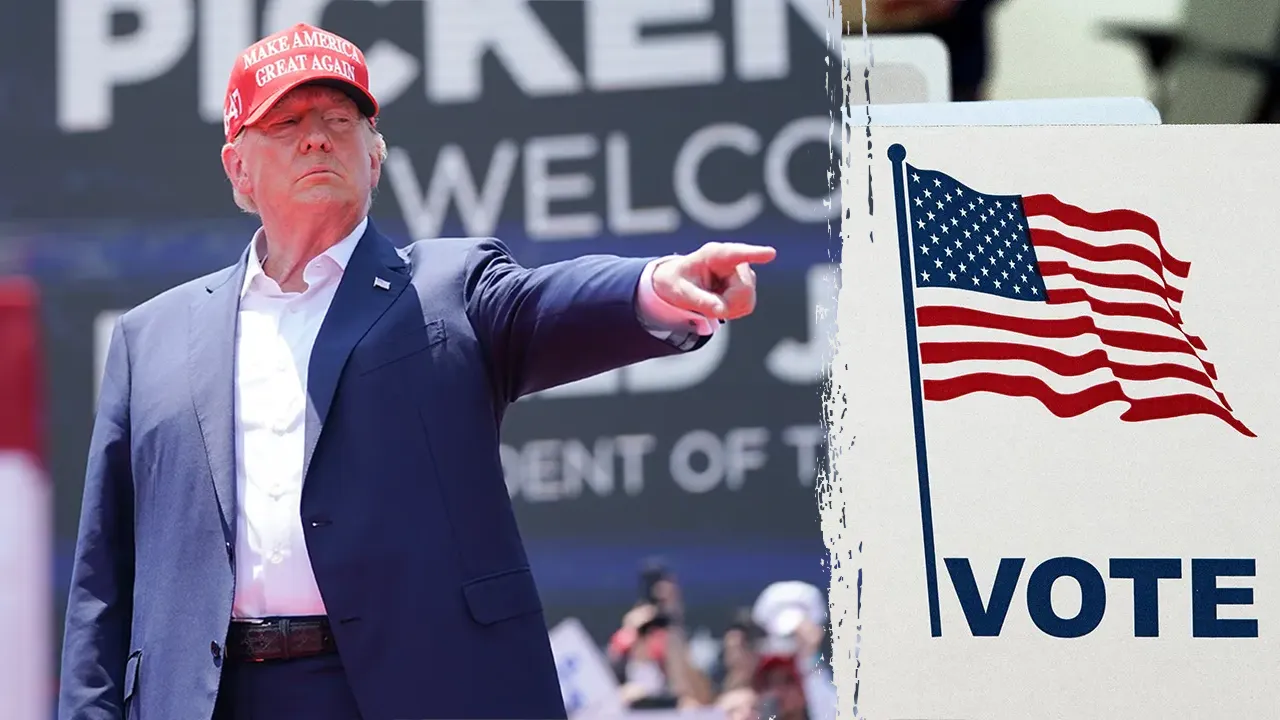Trump claims China 'played it wrong' with brutal tariff retaliation as he doubles down on policies
On April 2, Trump introduced substantial new tariffs on global imports, calling the date "Liberation Day" for America. He imposed a 25 percent tax on all foreign-made vehicles and established a basic 10 percent tariff on goods from all nations starting April 5—except those following the USMCA free trade agreement between Mexico, Canada, and the United States.
Countries not following these rules face a 25 percent rate, while UK imports receive a 10 percent tariff and EU goods face a 20 percent tariff. The president also set up matching tariffs on many "worst offenders," with China receiving total tariffs of 54 percent.

Treasury Secretary Scott Bessent cautioned nations against "quick" retaliation, but China swiftly responded. From April 10, China will apply a 34 percent tariff on US products.
Trump posted on Truth Social on April 5: "CHINA PLAYED IT WRONG, THEY PANICKED - THE ONE THING THEY CANNOT AFFORD TO DO!"
In another post about TikTok, he mentioned China's response to the tariffs: "We hope to continue working in Good Faith with China, who I understand are not very happy about our Reciprocal Tariffs (Necessary for Fair and Balanced Trade between China and the U.S.A.!). This proves that Tariffs are the most powerful Economic tool, and very important to our National Security!"

A spokesperson at the commerce ministry revealed China has filed a lawsuit with the World Trade Organization (WTO), stating Trump's tariffs "seriously violates WTO rules," according to BBC News.
The spokesperson claimed the tariff "damages the legitimate rights and interests of WTO members, and undermines the rules-based multilateral trading system and the international economic and trade order."
"It is a typical unilateral bullying practice that endangers the stability of the global economic and trade order. China firmly opposes this," they added.
Besides the tariffs, Beijing's commerce ministry stated it would implement additional export controls on rare earths, materials used in high-tech products such as computer chips and electric vehicle batteries.



